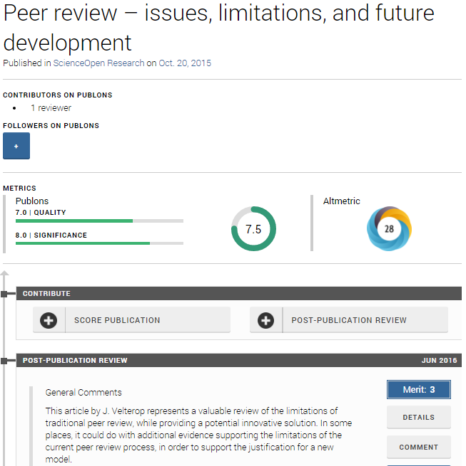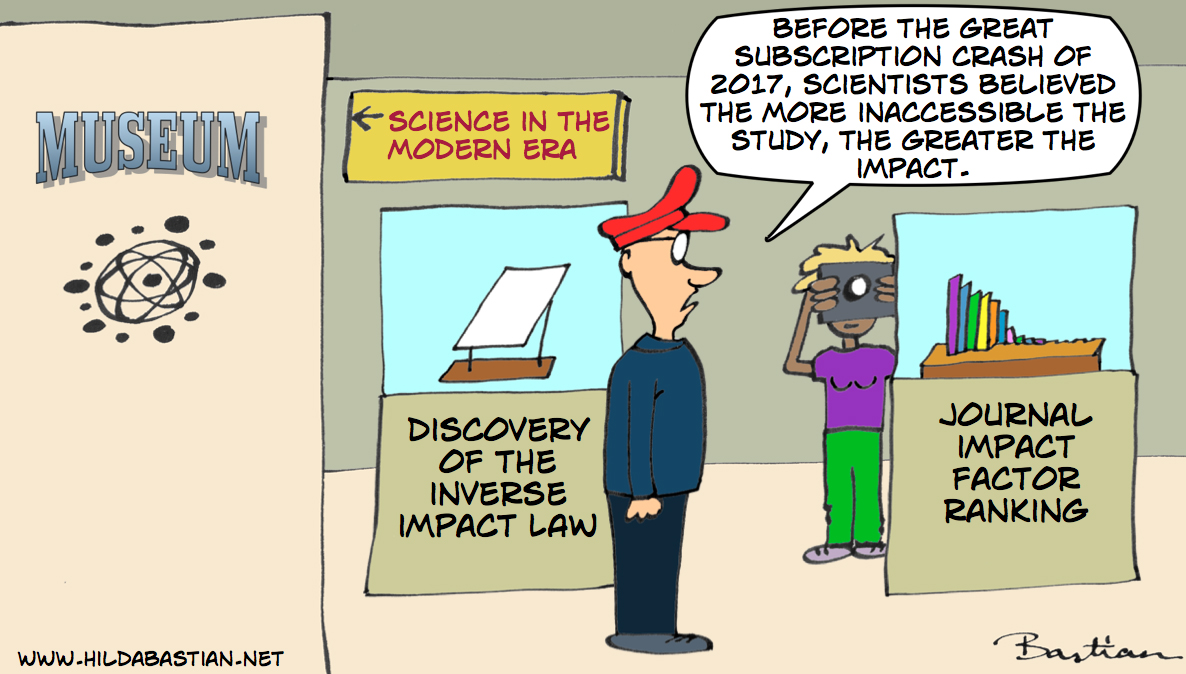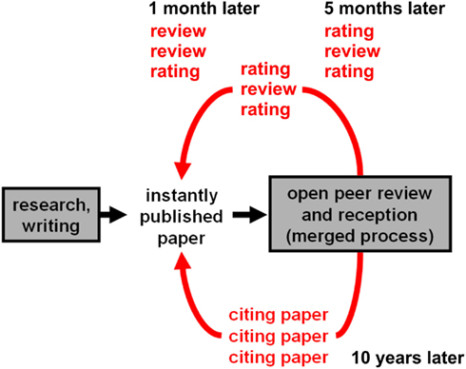Read What You Are Looking For! ScienceOpen Integrates More Open Access Data
Read What You Are Looking For! ScienceOpen Integrates More Open Access Data
One of the biggest challenges for researchers is time. So when you find an abstract of interest and have just a moment to actually read, you need the full text right now. With our newest release, the ScienceOpen discovery environment incorporates open access data from Impactstory to provide researchers with more ways to read the …












